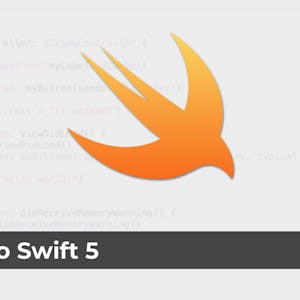COVID-19 Contact Tracing
About this Course
The COVID-19 crisis has created an unprecedented need for contact tracing across the country, requiring thousands of people to learn key skills quickly. The job qualifications for contact tracing positions differ throughout the country and the world, with some new positions open to individuals with a high school diploma or equivalent. In this introductory course, students will learn about the science of SARS-CoV-2 , including the infectious period, the clinical presentation of COVID-19, and the evidence for how SARS-CoV-2 is transmitted from person-to-person and why contact tracing can be such an effective public health intervention. Students will learn about how contact tracing is done, including how to build rapport with cases, identify their contacts, and support both cases and their contacts to stop transmission in their communities. The course will also cover several important ethical considerations around contact tracing, isolation, and quarantine. Finally, the course will identify some of the most common barriers to contact tracing efforts -- along with strategies to overcome them.Created by: Johns Hopkins University
Related Online Courses
This course is primarily aimed at individuals who want to learn how Data Science is applied in the real world, what we mean by data, and what we mean by machine learning. The course also covers... more
The first course, Healthcare Marketplace Overview, covers all of the major sub-sectors of the healthcare industry including the physician, hospital, insurer and medical technology markets,... more
This course is your gateway to mastering APIs! It breaks down the essentials of how APIs work, how they interact with clients and servers, and how you can use them to fetch and display data in your... more
This program is intended for anyone who wants to learn how to develop Apps using Swift and iOS. Through four courses, you will learn topics beginning with the absolute basics and ending with... more
The digital revolution changed the way we communicate and trade. Now, it is coming into the world of law. This program will give you a broad overview of the main trends that are affecting the legal... more







